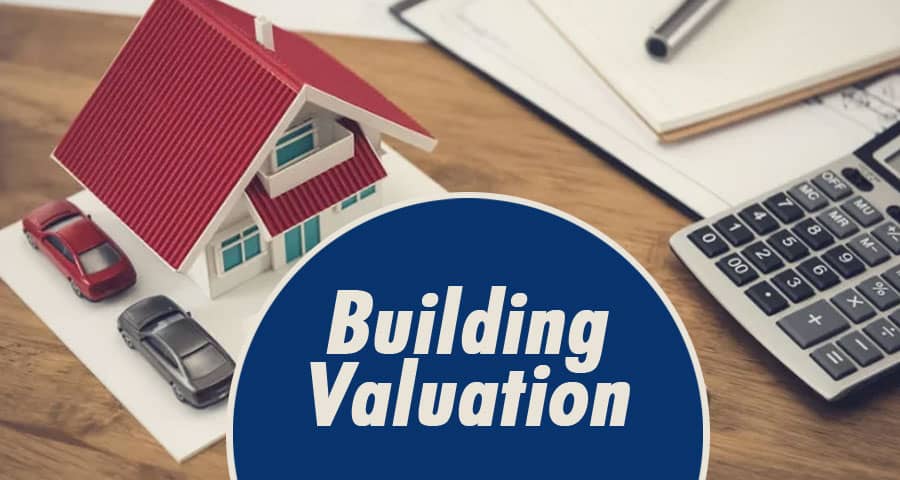Maximizing Your Building Valuation: A Comprehensive Guide

In today's competitive real estate market, understanding the valuation of your building is paramount. Whether you're a property owner, investor, or developer, having a thorough grasp of building valuation can significantly impact your financial decisions and overall success.
What is Building Valuation?
Defining Building Valuation
Building valuation refers to the process of determining the monetary worth of a property or building. It involves evaluating various factors such as location, size, condition, amenities, and market trends to arrive at an accurate estimation of its value. Valuation is essential for a multitude of purposes, including buying, selling, financing, insurance, taxation, and investment analysis.
Factors Influencing Building Valuation
Several key factors influence the valuation of a building:
- Location: The location of a building plays a pivotal role in its valuation. Properties situated in prime locations with easy access to amenities, transportation, schools, and employment centers typically command higher prices.
- Size and Layout: The size and layout of a building, including the number of rooms, square footage, and floor plan, significantly impact its valuation. Larger properties with efficient layouts tend to have higher valuations.
- Condition and Age: The condition and age of a building affect its value. Well-maintained properties in good condition typically fetch higher prices than those requiring extensive repairs or renovations.
- Amenities and Features: The presence of desirable amenities and features such as updated kitchens, bathrooms, outdoor spaces, parking facilities, and energy-efficient appliances can enhance the valuation of a building.
- Market Trends: Market conditions, including supply and demand dynamics, interest rates, economic indicators, and trends in the real estate market, influence the valuation of properties.
Methods of Building Valuation
Different Approaches
Several methods are commonly used to determine the valuation of a building:
- Sales Comparison Approach: This approach involves comparing the subject property to similar properties that have recently sold in the same area. Adjustments are made for differences in size, condition, location, and amenities to arrive at a fair market value.
- Income Approach: The income approach is commonly used for valuing income-producing properties such as rental apartments, commercial buildings, and office spaces. It involves analyzing the potential income generated by the property and applying a capitalization rate to determine its value.
- Cost Approach: The cost approach estimates the value of a building by calculating the cost of reproducing or replacing it at current prices, taking into account depreciation and obsolescence. This method is often used for new construction or special-purpose properties.
Importance of Building Valuation
Key Considerations
Understanding the importance of building valuation is crucial for various stakeholders:
- Informed Decision-Making: Accurate valuation enables property owners, investors, and developers to make informed decisions regarding buying, selling, leasing, financing, and investment strategies.
- Risk Management: Building valuation helps mitigate risks by providing insight into the financial implications of real estate transactions and investments. It allows stakeholders to assess potential returns and evaluate the feasibility of projects.
- Optimized Asset Management: Valuation is essential for optimizing asset management by ensuring that properties are adequately priced, maintained, and utilized to maximize their value and returns.
- Compliance and Reporting: Valuation is necessary for compliance with regulatory requirements, financial reporting standards, tax assessments, and insurance purposes.
Conclusion
In conclusion, building valuation is a critical aspect of real estate management and investment. By understanding the factors influencing valuation, the methods used to determine it, and its importance in decision-making, stakeholders can effectively navigate the complexities of the real estate market and maximize the value of their assets. Whether you're buying, selling, or investing in properties, having a comprehensive understanding of building valuation is essential for success.
